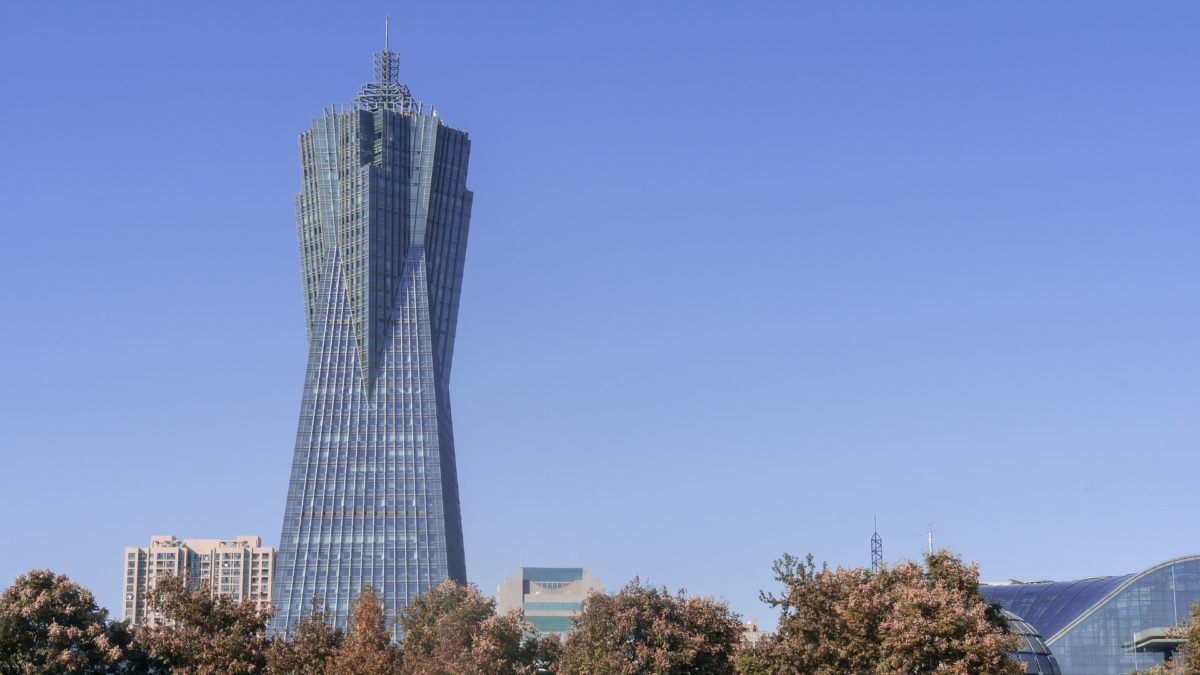With more than 1 GW of installed PV capacity already, the Chinese city of Hangzhou this week announced it intends to add another 700 MW of solar by the end of next year.
Located 200 km southwest of Shanghai and with a “very high” World Health Organization rating according to the Numbeo website, the authorities in the capital city of Zhejiang province set the two-year solar ambition as part of an atmospheric air quality policy.
Hangzhou wants 60% of its energy consumption to come from renewable sources by the end of 2020 and PV will play a huge part in reaching that target.
Announcing the policy after the Chinese new year celebrations, the city authorities calculated the clean air drive would cost around $720 million and said utility-scale and rooftop PV would play a big role, including on public buildings in industrial parks, rural wasteland and unused hillsides, with agricultural and fishpond installations – floating solar plants allowing enough sunlight between them for fish to survive below – also contributing.
City’s response to grid-parity push
Fast gaining a reputation as China’s Silicon Valley, thanks in no small part to the presence of e-commerce titan Alibaba, official statistics showed Hangzhou already had more than 1 GW of solar capacity by the end of last year, with more than 20,000 residential PV systems installed in the last two years.
The announcement from the city authorities comes in the wake of the central government’s call for local authorities, electricity companies and big lenders to remove roadblocks to what it designated ‘grid-parity’ PV projects, by which it meant installations which did not benefit from central subsidies but which could be encouraged by local incentives.
This content is protected by copyright and may not be reused. If you want to cooperate with us and would like to reuse some of our content, please contact: editors@pv-magazine.com.



By submitting this form you agree to pv magazine using your data for the purposes of publishing your comment.
Your personal data will only be disclosed or otherwise transmitted to third parties for the purposes of spam filtering or if this is necessary for technical maintenance of the website. Any other transfer to third parties will not take place unless this is justified on the basis of applicable data protection regulations or if pv magazine is legally obliged to do so.
You may revoke this consent at any time with effect for the future, in which case your personal data will be deleted immediately. Otherwise, your data will be deleted if pv magazine has processed your request or the purpose of data storage is fulfilled.
Further information on data privacy can be found in our Data Protection Policy.